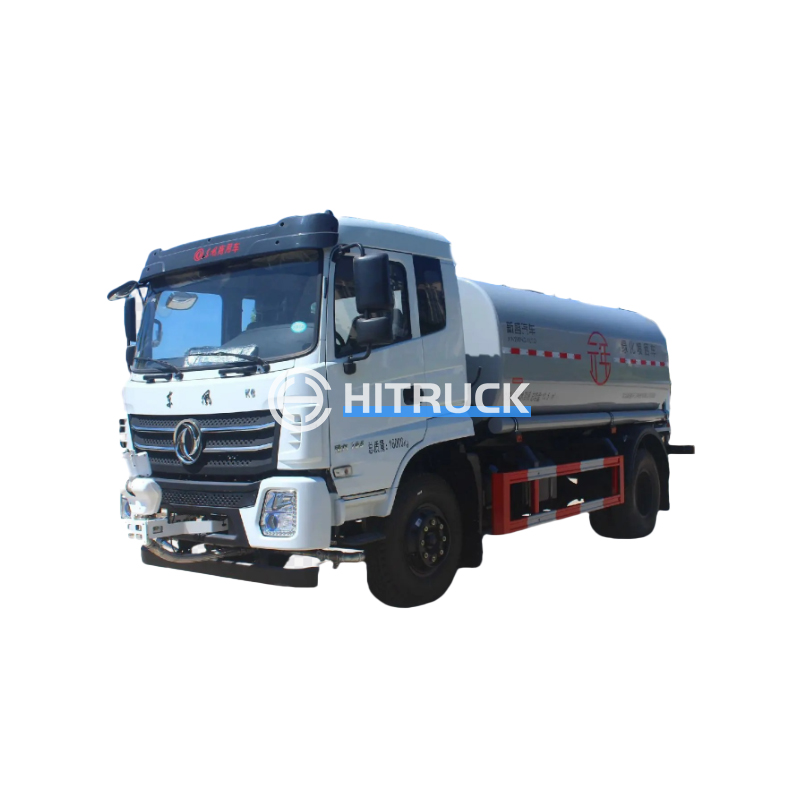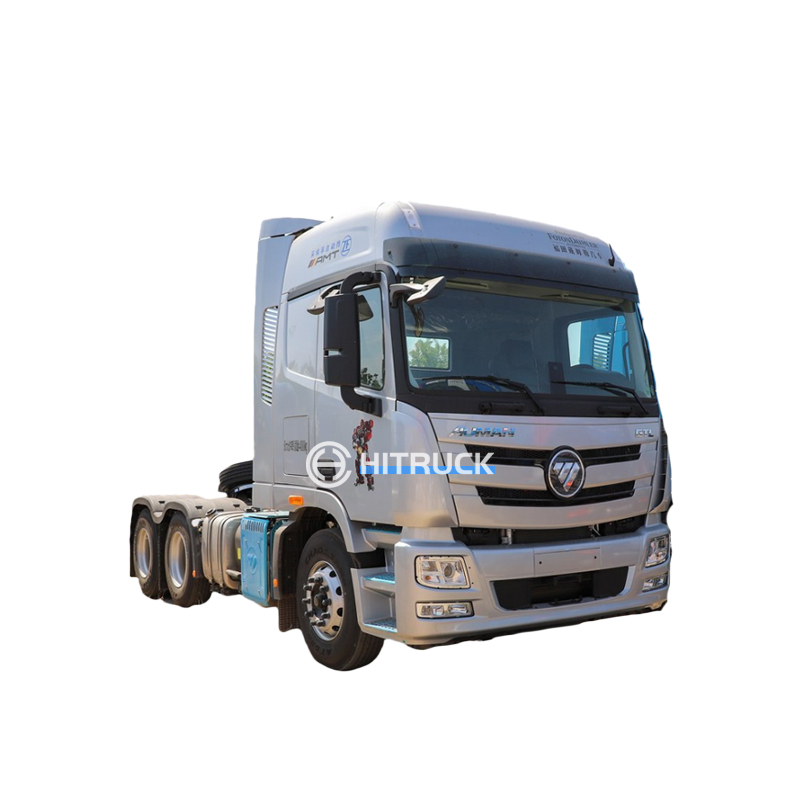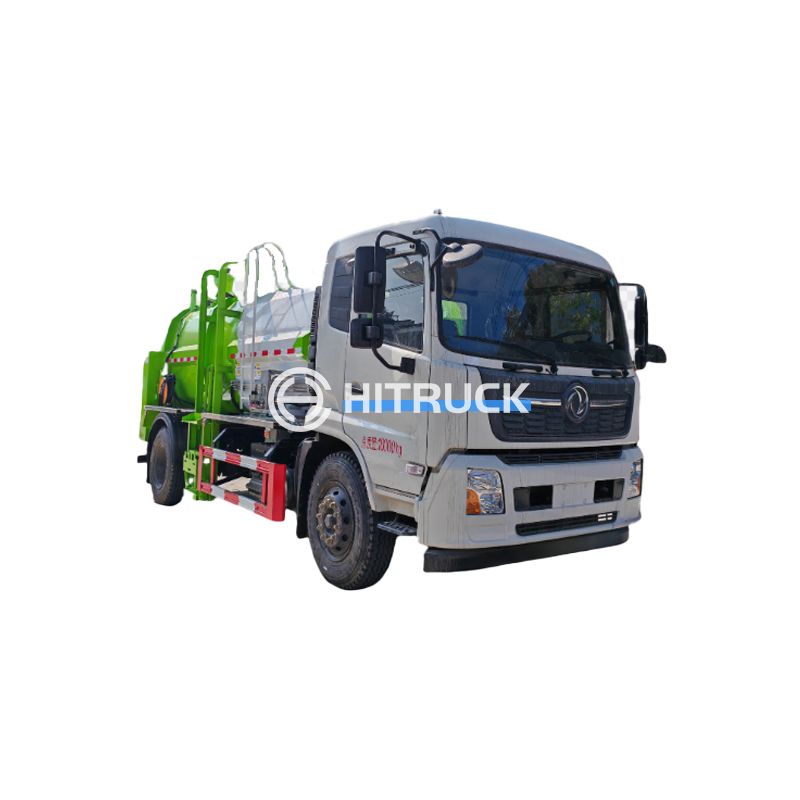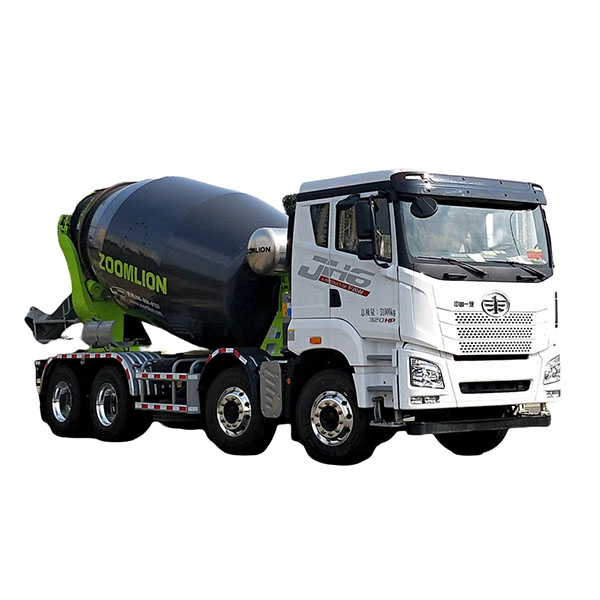Recovery Truck: A Comprehensive GuideThis guide provides a comprehensive overview of recovery trucks, exploring their types, functionalities, and importance in various industries. We'll delve into the key features to consider when choosing a recovery truck, discuss safety protocols, and highlight the benefits of professional recovery truck services.
Recovery trucks, also known as tow trucks or wreckers, are specialized vehicles designed to recover disabled or damaged vehicles from various locations. Their importance extends across diverse sectors, including roadside assistance, automotive repair, law enforcement, and salvage operations. Choosing the right recovery truck depends heavily on the intended applications.
Wheel-lift recovery trucks are a common sight, especially for roadside assistance. They lift the vehicle's front or rear wheels, allowing for easier towing. They're cost-effective and suitable for lighter vehicles. However, they may not be ideal for severely damaged vehicles or those with significant ground clearance.
Integrated tow trucks, also known as hook and chain trucks, use a hook to secure the vehicle. They’re versatile and capable of handling a wider range of vehicle types and conditions. They offer more stability compared to wheel-lift trucks, but can be more challenging to operate safely.
Flatbed recovery trucks provide a stable, horizontal platform for loading vehicles. They are best suited for damaged or low-riding vehicles that cannot be safely towed using other methods. While they offer secure transport, they usually require more space and time for loading and unloading.
These powerful recovery trucks handle large, heavy vehicles like buses, trucks, and construction equipment. They often incorporate advanced features such as winches with high pulling capacities and specialized lifting mechanisms.
Selecting the appropriate recovery truck involves considering several crucial factors, including:
Operating a recovery truck requires stringent adherence to safety protocols to protect both the operator and the public. This includes proper vehicle securing techniques, appropriate use of warning lights and signage, and knowledge of traffic laws and regulations. Regular maintenance checks are crucial to avoid mechanical failures.
Utilizing professional recovery truck services offers several key advantages:
When searching for recovery truck services, research companies with established reputations and positive customer reviews. Verify their insurance coverage and confirm their experience handling the type of vehicle you need to recover. Don't hesitate to ask for references and compare quotes from multiple providers. For reliable and high-quality recovery truck services, consider exploring options like Suizhou Haicang Automobile sales Co., LTD - a trusted name in the industry. Their expertise ensures a smooth and secure recovery process.
For a detailed comparison of various recovery truck types and their capabilities, please refer to the table below:
| Truck Type | Lifting Capacity | Suitable for | Advantages | Disadvantages |
|---|---|---|---|---|
| Wheel-Lift | Moderate | Light to medium vehicles | Cost-effective, easy to operate | Not ideal for damaged vehicles |
| Integrated Tow | Moderate to High | Various vehicle types | Versatile, stable | Can be complex to operate |
| Flatbed | Variable | Damaged or low-riding vehicles | Secure transport | Requires more space and time for loading |
| Heavy-Duty | Very High | Large, heavy vehicles | Powerful, handles heavy loads | High cost, specialized operation |
Remember, choosing the right recovery truck and service is critical for ensuring the safe and efficient recovery of your vehicle. Prioritize safety and always choose a reputable provider.












